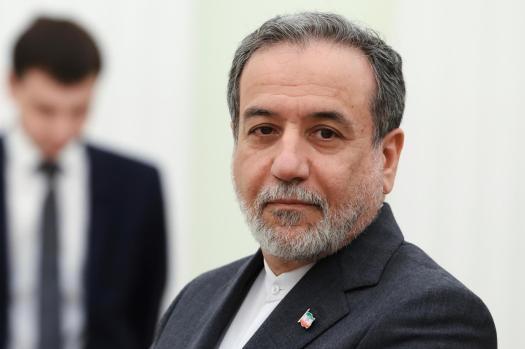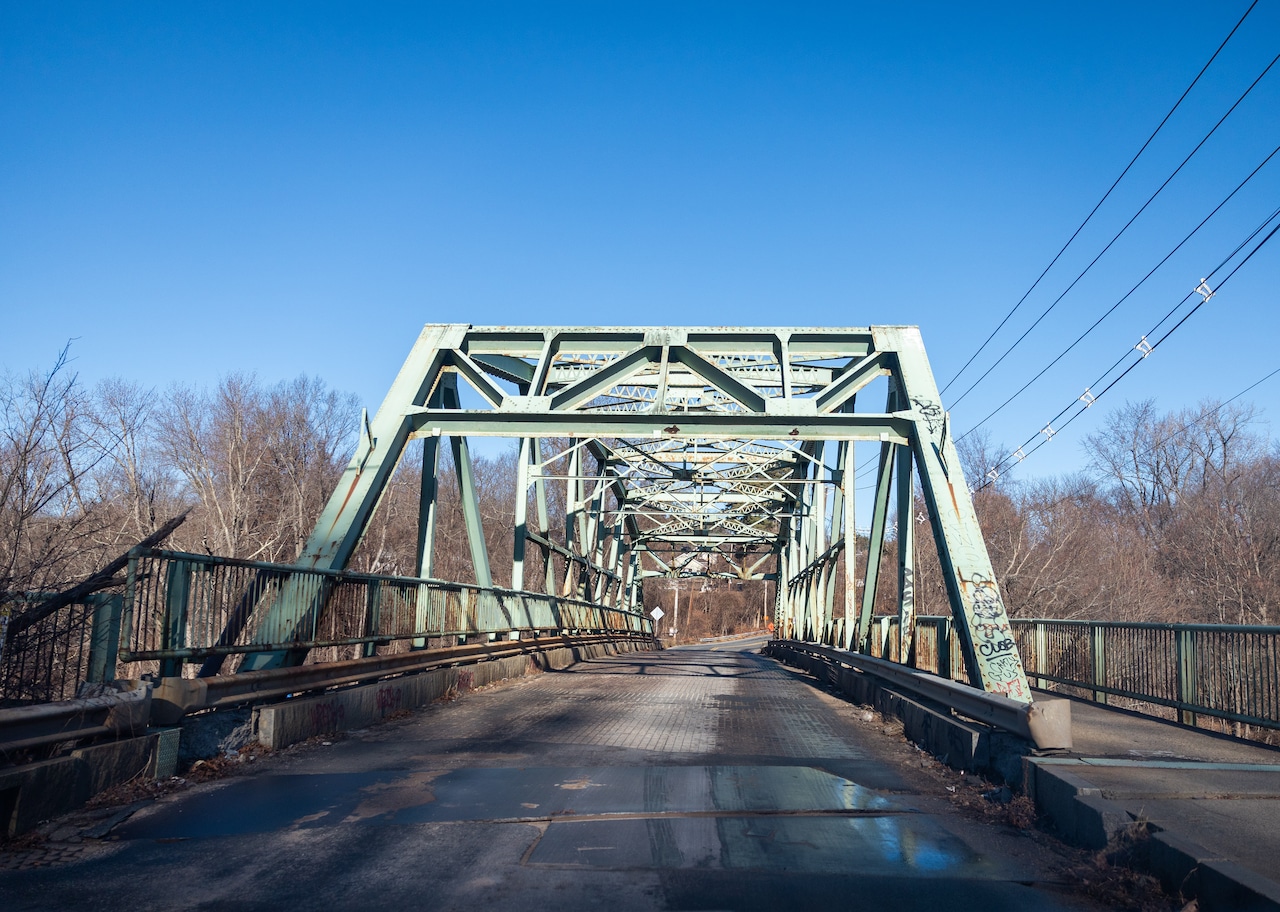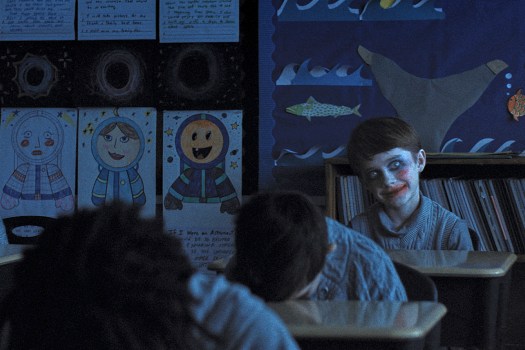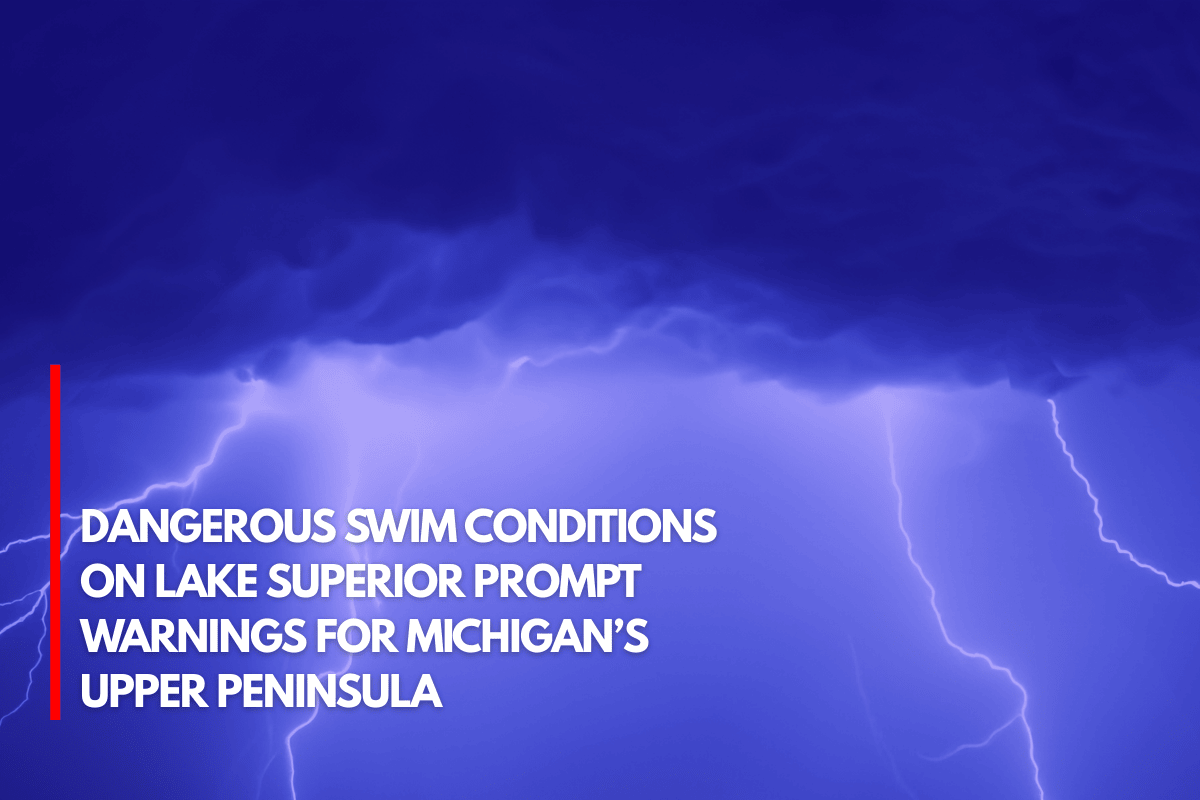Written by David Rising
DUBAI, United Arab Emirates (AP) — Iran’s top diplomat acknowledged that the American attack on three of the sites caused significant damage, but said it hampered the prospect of new talks with the United States on his country’s nuclear program.
Iran agreed to restrict its uranium enrichment program in exchange for sanctions relief and other advantages as part of the 2015 nuclear deal, which the United States was one of the parties to.
After U.S. President Donald Trump unilaterally withdrew the country during his first term, that agreement fell apart. Trump has stated that he would meet with Iran next week and has indicated that he is open to new discussions.
Foreign Minister Abbas Araghchi hinted that his country might not be resuming nuclear program discussions anytime soon, although he did leave up the possibility in an interview on Iranian state television late Thursday.
He said that no deal had been reached to resume the talks. No deadline has been established, no commitment has been given, and we haven’t even discussed resuming the conversation.
According to Araghchi, the United States’ decision to militarily interfere made negotiations on Iran’s nuclear program more challenging and complex.
Many imams emphasized in Friday prayers Supreme Leader Ayatollah Ali Khamenei’s statement from the previous day that Iran had won the war.
During a prayer ceremony in Tehran, cleric Hamzeh Khalili, Iran’s deputy chief justice, promised that those guilty of spying for Israel will face special treatment in the legal system.
Iran hung a number of individuals it already had detained on espionage allegations during the war with Israel, which alarmed advocates that it may carry out a wave of executions once the fight was over. Numerous people have reportedly been arrested by authorities in different cities on suspicion of cooperating with Israel.
On June 13, Israel launched a continuous bombardment on Iran, focusing on its defensive systems, nuclear sites, senior military personnel, and atomic scientists.
Israel claimed to have killed some 30 Iranian commanders and 11 nuclear scientists during the course of 12 days of attacks, as well as striking eight nuclear-related facilities and over 720 military infrastructure locations. The Human Rights Activists group, based in Washington, said that at least 417 civilians were among the more than 1,000 persons murdered.
Iran launched about 550 ballistic missiles against Israel; the majority were intercepted, but the ones that did make it through killed 28 people and damaged other locations.
Brig. Gen. Effie Defrin, a spokesman for the Israeli military, stated Friday that while it has surpassed its operational objectives in certain regions, it still needed to exercise caution.
He asserted that we are not deceived and that the enemy’s goals have not altered.
Related Articles
-
Today in History: June 27, Hurricane Audrey makes Gulf Coast landfall
-
Tampa Bay Rays Wander Franco found guilty in sex abuse case, receives 2-year suspended sentence
-
Pentagon briefing shows fury of B-2 bunker-busting bombs
-
US signs agreements with Guatemala and Honduras to take asylum seekers
-
FACT FOCUS: Posts misrepresent report to falsely claim nearly 400,000 Palestinians are missing
The United States intervened on Sunday to strike Iran’s three most significant targets with a barrage of cruise missiles and bunker-buster bombs dropped by B-2 bombers. These bombs are intended to harm the heavily protected locations by penetrating deep into the ground. Iran retaliated Monday by firing missiles at a U.S. base in Qatar, but there were no reported injuries.
Trump claimed that the U.S. strikes totally and totally destroyed Iran’s nuclear program, while Khamenei accused the U.S. president on Thursday of inflating the damage, claiming that the strikes accomplished nothing noteworthy.
Iran warned the International Atomic Energy Agency, the U.N. nuclear watchdog, that it intended to shift a large portion of its highly-enriched uranium prior to the strikes, which has led to conjecture.
IAEA Director Rafael Grossi told Radio France International that the damage to the Fordo complex, which was carved into a mountain, is extremely significant, even if that proves to be the case.
He claimed that among other things, centrifuges are extremely accurate devices and that it is impossible that the impact of several 30,000-pound bombs would not have resulted in significant bodily harm.
He stated that these centrifuges are no longer in use.
Araghchi himself admitted that there has been significant and considerable harm.
“IAEA inspectors will be kept out for the time being, but Iran has not yet decided whether to allow them to assess the damage,” he added.
This article was written in Jerusalem by Julia Frankel.











